War is often the setting for action and adventure movies, but for some reason films set during World War 1 have not had as much of a lasting impact as films set during other conflicts. But that seems to be changing.
Kingsman is the latest in a long line of modern action and adventure movies to be set during the tumultuous times of the first World War. Following in the footsteps of Sam Mendes’ 1917 and Patty Jenkins’ Wonder Woman, it brings a modern perspective to a conflict that occurred more than a century ago. While both Kingsman and Wonder Woman use the conflict as motivation for a comic-book-like origin story for their respective franchises, 1917 approached the war with more of an artistic intent. Both of these approaches are very different from the types of films that have attempted to use the conflict as a setting in the past.
Unlike World War II, The Vietnam War, and even the Gulf War, World War 1 has not exactly shown much success as a topic for epic/action/adventure films. Consider The Promise, Flyboys, The Red Baron, The Trench, or The Great War. There have been some memorable dramas over the years, including romantic dramas and dramas based on books. Look at 1979’s All Quiet on the Western Front, and 2004’s A Very Long Engagement. But compared with the output based on other conflicts, WW1 films are lacking in all areas, especially in action films.
Certainly World War II was the most important conflict of the 20th Century, and has significantly influenced modern life more so than any other conflict in the history of humanity. For this reason it is understandable that there are many memorable films in nearly all genres which use WW2 as the setting. I would even go so far as to say that WW2 made the film industry what it is today. Without the social and economic implications of the conflict, the New Hollywood movement would not have originated in the 1960’s to change the face of cinema forever.
Likewise, the influences of other conflicts have also had major influences on the course of modern film, and pop culture itself. Movies like Apocalypse Now, The Deer Hunter, Platoon, and Full Metal Jacket defined war movies for an entire generation. In the 90’s and 2000’s, movies like Courage Under Fire, Three Kings, The Hurt Locker, and American Sniper discussed modern middle-eastern conflicts and resonated well with audiences. All of these films were very influential in the industry in one way or another.
WW1 films don’t have the same legacy. 1917 is an unforgettable film and will be remembered for a long time, and Wonder Woman gave us the first female-fronted blockbuster superhero movie. But before these two films, I feel like you would have to go all the way back to Stanley Kubrick’s 1957 film Paths of Glory to find a WW1 movie that is as appreciated. In fact, some of the highest-rated WW1 films were released in the 1940’s or earlier, including Oscar winners like Sergeant York, Wings, and All Quiet on the Western Front. (I know movies like Lawrence of Arabia and The African Queen have some connection to WW1, but I don’t feel like they represent the heart of the conflict).
I believe there are a few reasons for this void of good WW1 movies, especially more action-oriented ones. First, WW1 was a very shocking development. It was a bloody and merciless conflict because it was the first major conflict fought with “modern” technology. Because of its gruesomeness, everyone who lived during that time was negatively impacted by it. It felt like a loss of innocence, and indeed we now label this generation as the “Lost Generation”. They became disillusioned with the world and its politics, and so the war wasn’t really a source of national pride, but quite the opposite.
Filmmakers understandably did not want to glorify the war for entertainment purposes. Movies like Wings showed the sacrifices that many soldiers made, and discussed the war from a more philosophical perspective. In other words, the films were trying to make sense of it, not use the war itself to try and make a point. When the Lost Generation had children, those children would come into adulthood during the Great Depression. So again, you have another generation who is dealing with terrible current events, and the very last thing they would want is to go to the movies and see the issues of their personal lives played out on the big screen.
Second, when WW2 broke out, it essentially eliminated any interest in WW1 from Hollywood. In fact, when the Hollywood code fell in the 1960’s it was WW2 that was still fresh on filmmaker’s minds, and so war films took on that conflict. The fall of the Hollywood codes would have opened up the opportunity for more action or adventure-oriented WW1 movies which were missing in the 30’s and 40’s. As the New Hollywood movement took hold in the 60’s, filmmakers were looking for more immediacy in the types of films they made, and so by this time the topics of WW1 were old news.
In the following decades, the Cold War and then 9/11 took the national attention, and Hollywood responded with films discussing some aspects of those current events. You also have to consider the nature of modern film audiences. Big budget movies gradually became more geared towards younger people, and then older people – neither of which included the Lost or Silent Generations who would have had some direct connection in their lives with WW1. During the 60’s there was a youth revolution, and the areas of society that had been controlled by those who were born before WW2 shifted to being controlled by those born after the conflict. All of this led to a film industry that was controlled by Baby Boomers for the time period in which it saw the biggest changes.
So, perhaps WW1 is just a forgotten time period. There is so much gold to be mined in 20th Century history that films with a historical leaning chose topics that were more relevant to modern times. The lack of connection we have with our ancestors who lived during WW1 is also to blame. Although those who lived through WW2 are passing on, many people living today still have a connection with that time period and the people who lived through it. This provides a sort of nostalgic appeal which WW1 has never really had in connection with film.
The more recent rediscovery of WW1 by major movie productions can therefore be attributed to two main occurrences. First, the proliferation of films of the 60’s through 2010’s which discussed topics of WW2 and beyond has pushed modern filmmakers to look for something different. With today’s film market so saturated, filmmakers are looking for opportunities to showcase their talent and that means shying away from areas where film has already explored (think about westerns, vampire movies, or WW2 films). The lack of WW1 films makes it an ideal period of time to explore.
More importantly, the era of WW1 is arguably more fascinating today than it had been at any point in the past. Leading up to WW2, WW1 was something that people wanted to forget about. It was the deadliest, most expensive, and most politically damaging war in history. It ended dynasties and set up the world for an unstable, and unpredictable future. Compare that to the outlook after WW2. Defeat of the Nazis was seen as a major victory for humanity and an opportunity for us to build a better world. Those who fought in WW2 were seen as heroes, not unfortunate souls.
Today our lack of human connection with those who lived during WW1 makes us less sympathetic to their plight. Hollywood can glorify the conflict for entertainment purposes without remorse. More importantly, as 1917 has shown, we have the technology to make the experience into a novelty. The harsh realities of WW1 are not chilling reminders of human cruelty, but opportunities for demonstrating new kinds of thrills in ultra high definition with immersive three-dimensional sound.
I also feel like WW1 works as a modern film focus because of the fact that it was the first “modern” conflict. Before WW1, armies fought in formation with single-shot firearms. Calvary rode around on horseback and there was no such thing as air support. WW1 featured elements which we associate with our modern understanding of violence and conflict. We are able to better comprehend what is happening in a WW1 action sequence than we would in something that took place earlier in history because of its use of modern technology. In other words, it provides the bare minimum of context for contemporary action-seeking audiences to be able to relate.
If Kingsman can prove to be successful in theaters like 1917 and Wonder Woman, you can expect that Hollywood will continue to greenlight other big-budget films to take place in the same time period. With each new film release, audiences gain some understanding of the time period and it becomes more familiar to them. As long as they have a positive experience when watching these types of films, you can assume they will continue to show up for others that take a similar approach. Like superhero films in the 2000’s or disaster movies in the 1990’s, the floodgates have opened for a modern revision of a once-forgotten genre.
"Movies" - Google News
December 07, 2021 at 01:33AM
https://ift.tt/3otKleQ
World War 1 Action Movies Have Not Fared Well, Until Now - Cinelinx
"Movies" - Google News
https://ift.tt/2xuBIZW
Bagikan Berita Ini
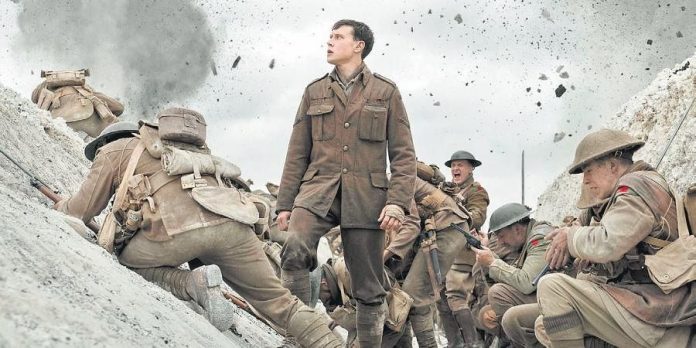
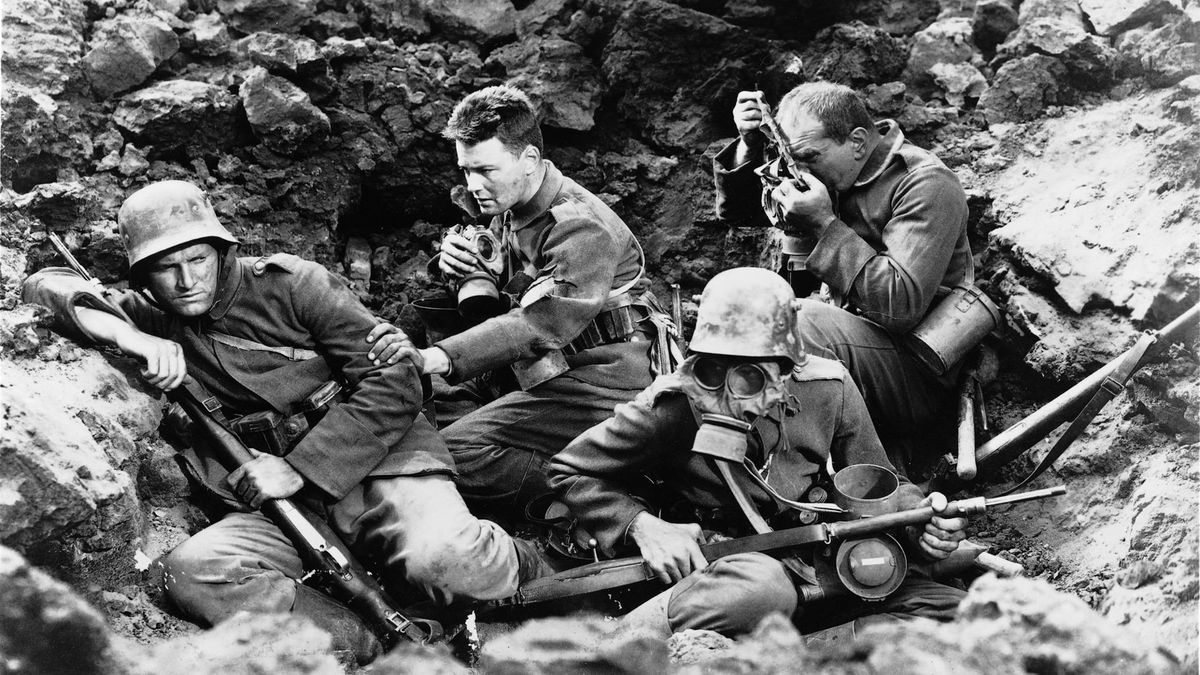
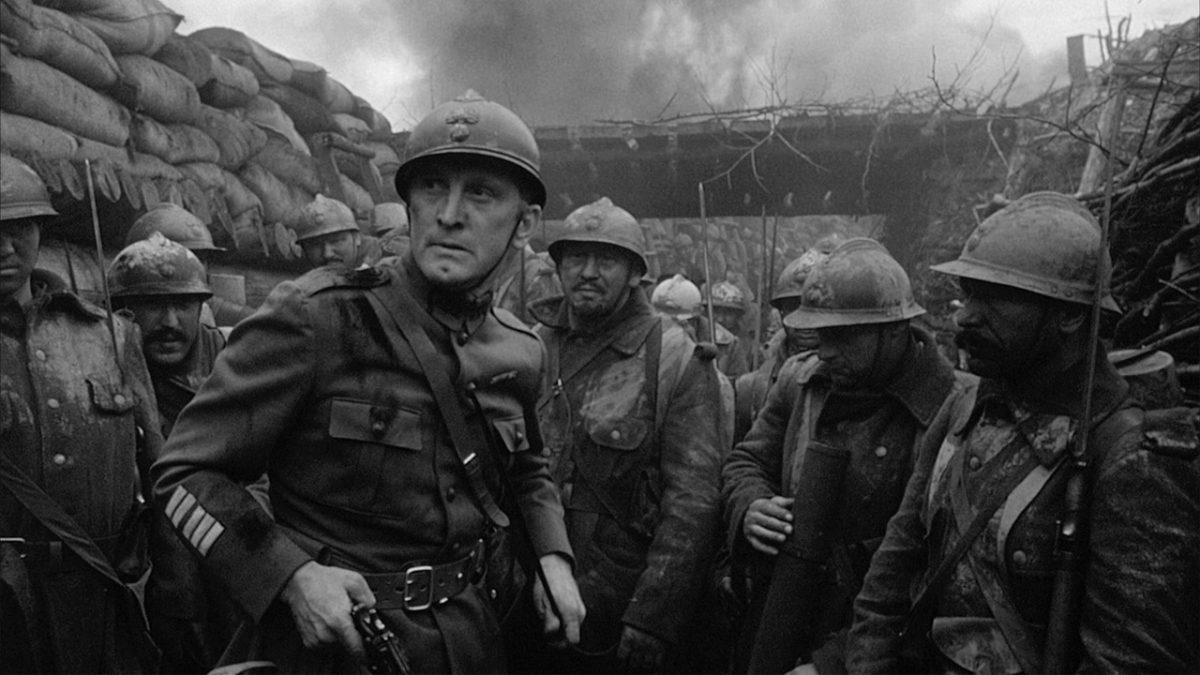
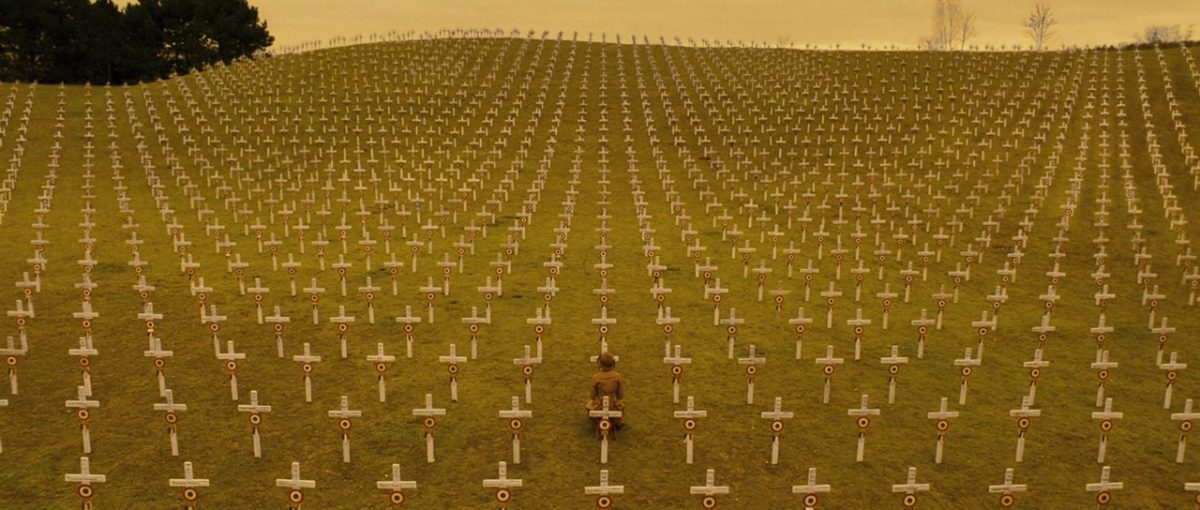
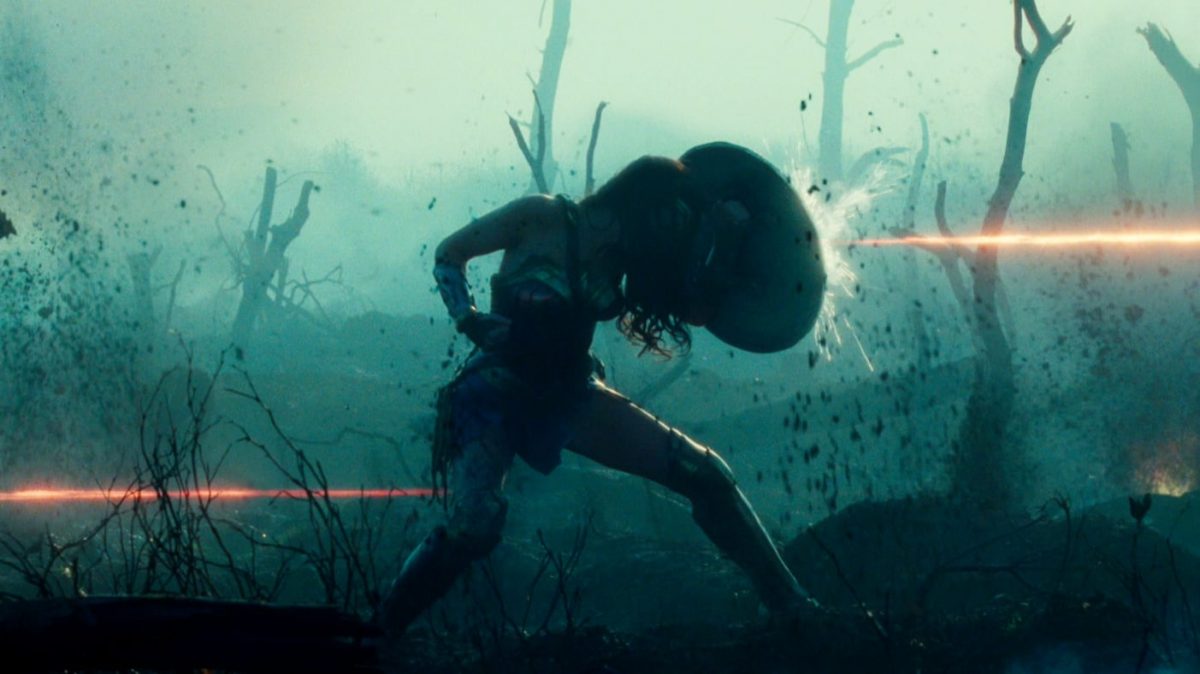
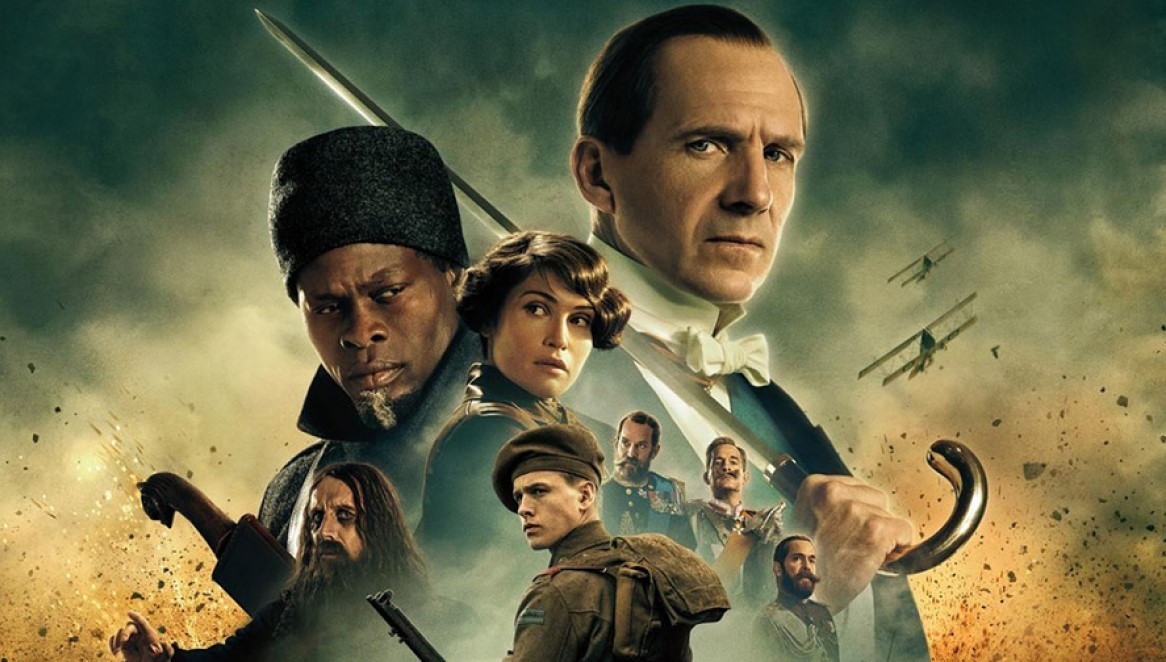














0 Response to "World War 1 Action Movies Have Not Fared Well, Until Now - Cinelinx"
Post a Comment